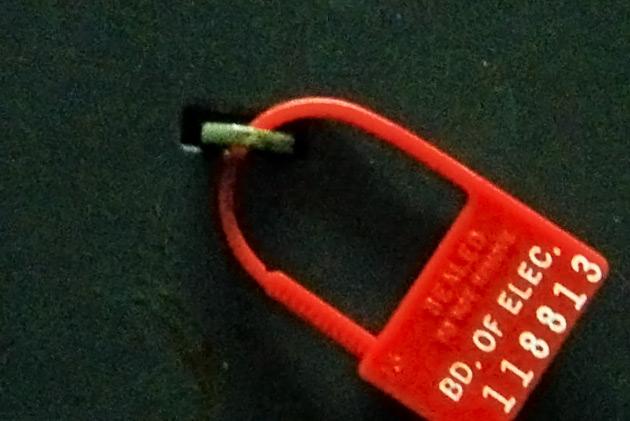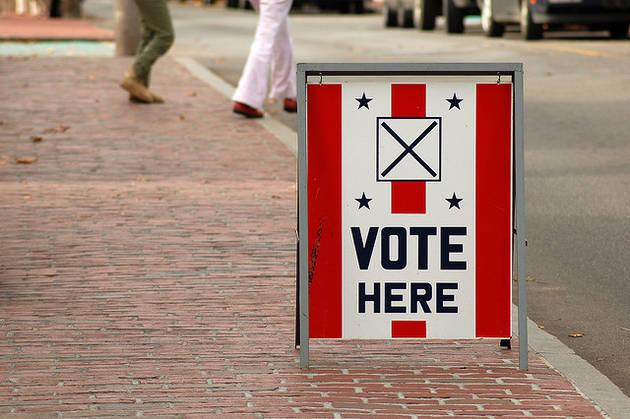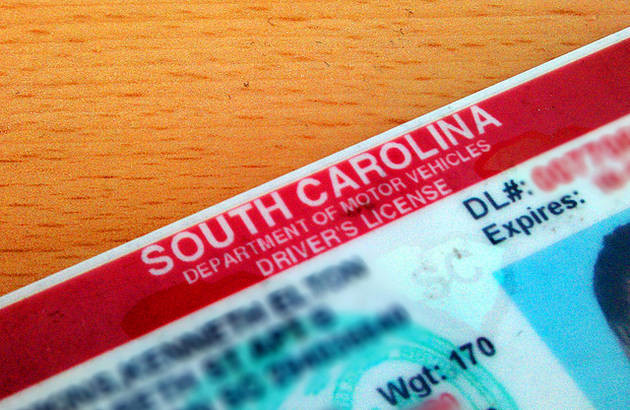
Flickr user tiny pig
It's such a tiny lock, it couldn't possibly be a reasonable impediment.
Update September 1: The federal case wound down on Friday with opponents attempting to seal their points that the South Carolina law was motivated by a discriminatory intent and that the state is still shifting facts about just what the law is.
McClatchy offers a robust report, in part:
South Carolina Attorney General Alan Wilson signaled another potential shift by the state on Friday when he said voters without required photo IDs should not have to pay for completing "reasonable impediment" affidavits required by the law. Separate state law requires affidavits to be notarized, which normally carries a fee.
A decision will now be awaited from the three-judge panel, and is expected within 30 days. Any appeals to that decision would go to the Supreme Court.
First reporting: The hearing in South Carolina's federal lawsuit is expected to wind down today as the state attempts to make the case that the newly passed photo I.D. law does not represent discrimination against the poor, black, young, and old.
Earlier in the week the hearing was marked by an effort to show need for the law by attempting to show cases of voter fraud — a measure that had limited results as the state has been unable to find evidence of such. The state's case was later questioned after State Rep. Alan Clemmons admitted to a "positive response to racist email" regarding the voter ID law.
(You can get more coverage of the first days of the trial in our earlier report.)
On Thursday the hearing turned towards more practical questions.
Of no small consequence is whether South Carolina would intend to go through with the new law for the November election, even when a ruling isn't likely before October 1. The state has yet to answer the court, but the State Election Commission has previously said it would need "months" to implement the law.
Also questioned was what South Carolina would consider a "reasonable impediment" — something that a voter could claim and proceed with casting a ballot without their photo ID.
Also factoring in on minds is that the Texas voter ID law was blocked on Thursday after it was found to be "racially discriminatory".
For more on Thursday's round I'll also refer you to McClatchy's report and Talking Points Memo's report.
The case, State of South Carolina v. United States of America and Eric Holder, Jr., U.S. District Court, District of Columbia, No. 1:12-cv-203, is expected to run through today.


